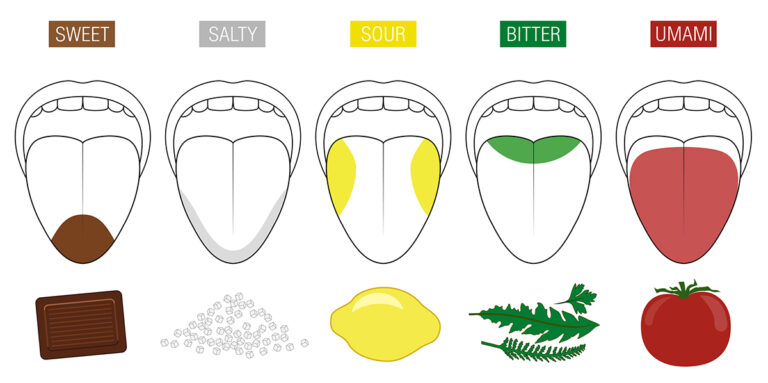Introduction: Can Pets Really Make Us Healthier?
Have you ever noticed how petting a dog makes you feel calmer? Or how a cat curling up next to you instantly lifts your mood? Pets are more than just adorable companions—they have a profound impact on our mental and physical well-being.
Scientific studies have shown that pets can reduce stress, improve heart health, combat loneliness, and even boost immunity. Whether you own a dog, cat, bird, or even a rabbit, your furry (or feathery) friend is secretly working as your personal therapist.
In this article, we’ll explore how pets improve human health and why their companionship is a powerful medicine.
1. Pets and Mental Health: Stress Reduction & Emotional Support
🧠 How Pets Reduce Stress and Anxiety
- Lowers Cortisol: Interacting with pets reduces cortisol, the stress hormone responsible for anxiety.
- Increases Serotonin & Dopamine: Petting animals triggers the release of happy hormones, making you feel more relaxed.
- Calms the Nervous System: The rhythmic motion of stroking an animal has been shown to slow heart rate and lower blood pressure.
🐶 Pets Help with Depression
- Pets provide unconditional love, which can be incredibly comforting for people struggling with depression.
- Having a pet encourages daily routines (feeding, walking), which can be beneficial for people experiencing low motivation.
- Dogs, in particular, can be trained as emotional support animals to help with depression and PTSD.
🐾 Did You Know? Therapy dogs are used in hospitals, nursing homes, and even schools to help people cope with stress and trauma.
2. How Pets Improve Heart Health
Studies show that pet owners have a lower risk of heart disease than non-pet owners.
🫀 Pets Can Lower Blood Pressure
- The presence of a pet reduces stress-related spikes in blood pressure.
- People with hypertension who own pets tend to have more stable blood pressure levels.
🏃♂️ Dogs Encourage Physical Activity
- Dog owners walk more, exercise more, and are less likely to be obese.
- Regular walks lower the risk of heart disease, high cholesterol, and diabetes.
🐾 Fun Fact: A study found that dog owners walk an average of 2,700 more steps per day than non-dog owners!
3. Pets Help Combat Loneliness and Social Isolation
Feeling lonely? Your pet may be the perfect companion.
🐾 Companionship & Emotional Connection
- Pets provide constant companionship, especially for people who live alone.
- Talking to a pet (yes, even a fish!) can create a sense of connection and emotional support.
- Petting an animal releases oxytocin, the bonding hormone that makes us feel loved.
🤝 Pets Help Us Socialize
- Walking a dog increases human interactions—people are more likely to start conversations with dog owners.
- Pet lovers tend to form friendships in pet-friendly parks, pet groups, or even vet clinics.
- Therapy animals in nursing homes help reduce loneliness in elderly people.
🐾 Incredible Fact: A survey found that 80% of pet owners believe their pets make them feel less lonely.
4. Can Pets Boost Your Immune System?
Believe it or not, having a pet can actually strengthen your immune system!
🦠 Exposure to Pet Dander & Germs Can Improve Immunity
- Children who grow up with pets have stronger immune systems and are less likely to develop allergies.
- Pets introduce harmless bacteria that help humans build resistance to infections.
- Outdoor pets (like dogs) bring in small amounts of dirt and microbes, which can train the immune system to be more resilient.
🐾 Fun Fact: Babies who grow up with dogs or cats are 30% less likely to develop asthma and allergies later in life!
5. How Pets Help People with Disabilities
Animals have an amazing ability to assist people with disabilities and medical conditions.
🦮 Service Dogs & Guide Dogs
- Guide dogs help visually impaired individuals navigate the world.
- Hearing dogs alert deaf owners to important sounds (alarms, doorbells, crying babies).
- Mobility assistance dogs help people with physical disabilities by retrieving objects, opening doors, and even helping with balance.
🐕🦺 Medical Alert Dogs
- Diabetic alert dogs detect changes in blood sugar levels before their owners do.
- Seizure alert dogs sense epileptic seizures before they happen and provide assistance.
- Therapy dogs are used in hospitals and schools to provide comfort to people with anxiety, PTSD, or autism.
🐾 Did You Know? Some dogs can detect cancer and diseases just by sniffing a person’s breath or skin!
6. Do All Pets Provide Health Benefits?
Yes! While dogs and cats are the most studied pets, other animals can also improve mental and physical health.
🐦 Birds:
- The sound of birds singing reduces stress and promotes relaxation.
- Talking birds (like parrots) provide companionship and mental stimulation.
🐠 Fish:
- Watching fish swim lowers blood pressure and anxiety.
- Aquariums are used in dentist offices and therapy centers to create a calming atmosphere.
🐰 Rabbits & Guinea Pigs:
- Small pets help reduce stress and are great for people with limited space.
- Rabbits and guinea pigs are used as therapy animals for people with PTSD.
🐾 Amazing Fact: Some hospitals use therapy miniature horses to bring joy to patients!
Conclusion: Pets Are Natural Healers
Your pet isn’t just a cute companion—they are your therapist, personal trainer, and best friend all in one.
Health Benefits of Pets at a Glance:
✅ Reduces stress, anxiety, and depression.
✅ Lowers blood pressure and heart disease risk.
✅ Increases physical activity and social interactions.
✅ Strengthens the immune system.
✅ Provides companionship and emotional support.
If you already have a pet, now you know they’re helping you live a longer, happier life. If you don’t have one yet, maybe it’s time to consider welcoming a furry (or feathery) friend into your home!
🐾 Question: How has your pet helped improve your life? Share your experiences in the comments! 🐶🐱🐦🐠🐰

